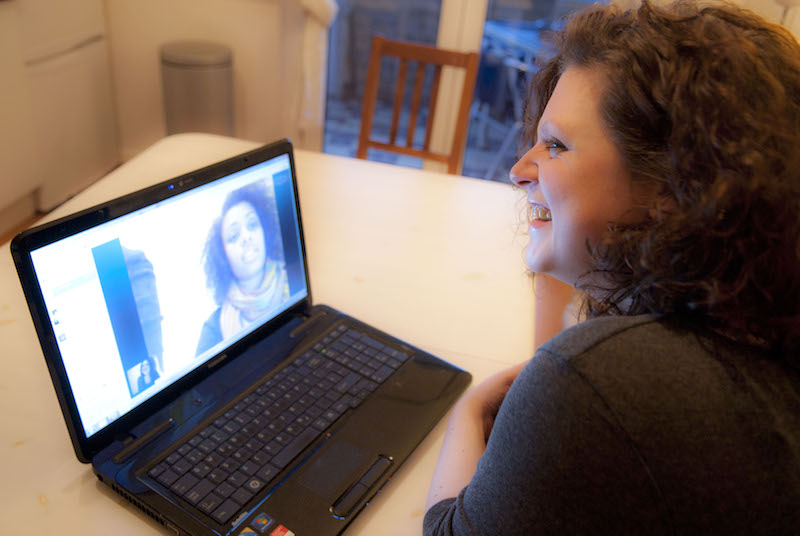Co-Laboratory Training
Introduction to the Intercultural Competence Module
Dear Colleagues,
Unsurprisingly, when two partner teachers from different cultures and different institutional contexts engage their classes in online collaboration together, many challenges can arise. These can be on a practical level (e.g. problems related to technology or timetabling) but they can also have cultural origins.
In virtual exchange, teachers are encouraged to look at problems and episodes of communication breakdown as potentially rich learning opportunities for their students which can serve as potential ‘jump-off’ points for exploring why members of different cultures interpret behaviour differently and how different cultural perspectives can be reconciled.
Intercultural communication in face-to-face contexts and out of the classroom is also often characterised by misunderstandings and the need to deal with different behaviour and beliefs. With this in mind, it is fair to argue that when communication breaks down in a Virtual Exchange, this can be exploited as ‘rich points’ for learning in the classroom. A well-known researcher of telecollaboration, Julie Belz went so far as to argue that “the clash of cultural faultlines in telecollaborative learning communities …should not be smoothed over or avoided…. indeed, they should be encouraged (2002: 76)”.
In this module we will look at two ways in which teachers can support intercultural learning in their virtual exchanges: The first of these involves providing pedagogical mentoring to students during their work together and the second refers to the type of tasks which students are asked to do together.

